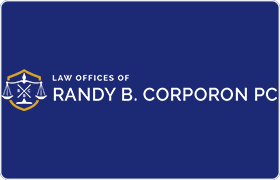Denver Felony Lawyer, Colorado
Sponsored Law Firm
-
 x
x

Click For More Info:
-
Law Offices of Randy B. Corporon PC
2821 S. Parker Road Suite 555 Aurora, CO 80014» view mapCriminal Clients First, Excellence Always!
You owe it to yourself and your loved ones to be represented by an experienced, high-quality attorney, with a track record of proven success.
800-976-8531
Eric John Wessels
✓ VERIFIEDCriminal, Felony, DUI-DWI
Eric developed his passion for law as an undergraduate in Austin, Texas. During law school at the University of Indiana at Bloomington, Eric focused... (more)
Leonard R. Higdon
✓ VERIFIEDDivorce & Family Law, Child Custody, Lawsuit & Dispute, Criminal, Felony
We Will Help You Evaluate Options We Will Protect Your Interests
Leonard Higdon has lived in Colorado since 1985. Raised in Hawaii, he moved to Colorado to attend Fort Lewis College in Durango, where he received his... (more)
FREE CONSULTATION
CONTACTFREE CONSULTATION
CONTACTFREE CONSULTATION
CONTACTFREE CONSULTATION
CONTACTFREE CONSULTATION
CONTACTCharles E Humphrey
Landlord-Tenant, Felony, Consumer Rights
Status: In Good Standing Licensed: 56 Years
 Randy Corporon Aurora, CO
Randy Corporon Aurora, CO



